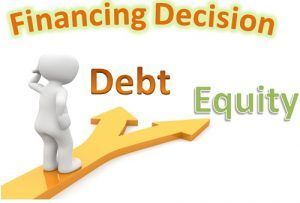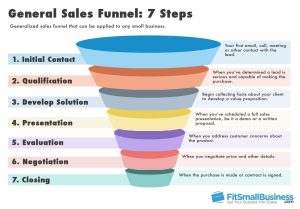
Debt management is a crucial aspect of personal and business finance. It involves effectively managing and paying off debts while minimizing financial burden. This article explores various strategies and options for debt management and financing.
Understanding Debt Management
Debt management refers to the process of handling debts in a responsible manner. It involves creating a plan to repay debts, reducing interest rates, negotiating with creditors, and exploring various financing options. Effective debt management can help individuals and businesses regain financial stability and improve credit scores.
Creating a Debt Management Plan
The first step in debt management is creating a comprehensive plan. Start by assessing your current financial situation, including your income, expenses, and existing debts. Determine how much you can allocate towards debt repayment each month.
Next, prioritize your debts based on interest rates and outstanding balances. Allocate more funds towards high-interest debts to save on interest payments. Consider utilizing the debt avalanche or debt snowball method to strategically pay off debts.
The debt avalanche method involves paying off debts with the highest interest rates first. This approach helps save money on long-term interest payments. On the other hand, the debt snowball method focuses on paying off debts with the smallest balances first, providing a psychological boost as you eliminate smaller debts quickly.
Reducing Interest Rates
High-interest rates can significantly increase the total amount paid towards debts. Therefore, it is crucial to explore options for reducing interest rates. One option is debt consolidation, which involves combining multiple debts into a single loan with a lower interest rate.
An alternative option is transferring credit card balances to a card with a lower interest rate. This balance transfer can help save on interest payments during the introductory period. However, it is essential to consider any balance transfer fees and the interest rate after the introductory period ends.
Negotiating with Creditors
If you find yourself struggling to make regular debt payments, consider negotiating with your creditors. Contact them to explain your financial circumstances and propose a revised payment plan. Creditors are often willing to work with individuals to create manageable repayment options.
When negotiating, consider requesting lower interest rates, reduced monthly payments, or an extended payment period. Exploring debt settlement or debt management programs may also help in certain situations. However, it is important to carefully consider the potential impact on credit scores and overall financial situation.
Utilizing Financing Options
When managing debt, carefully evaluate various financing options. Instead of accumulating more high-interest debt, consider alternatives such as personal loans or low-interest credit cards to consolidate existing debts.
If you own a business, exploring financing options like small business loans or lines of credit can provide necessary funds to manage debt effectively. However, it is crucial to assess the terms, interest rates, and repayment requirements before committing to any financing option.
Seeking Professional Advice
For complex debt situations or if you find yourself overwhelmed, it is advisable to seek professional advice. Debt management agencies and financial advisors specialize in providing guidance and creating customized strategies based on individual circumstances.
Debt management professionals can negotiate with creditors on your behalf and help you develop a realistic repayment plan. Collaborating with experts can offer valuable insights, peace of mind, and faster progress towards becoming debt-free.
Conclusion
Debt management plays a crucial role in overall financial health, whether at an individual or business level. By creating a comprehensive debt management plan, reducing interest rates, negotiating with creditors, and exploring financing options, individuals and businesses can effectively manage their debts and improve their financial situation. Remember that seeking professional advice when needed can provide additional expertise and support on the journey to becoming debt-free.

